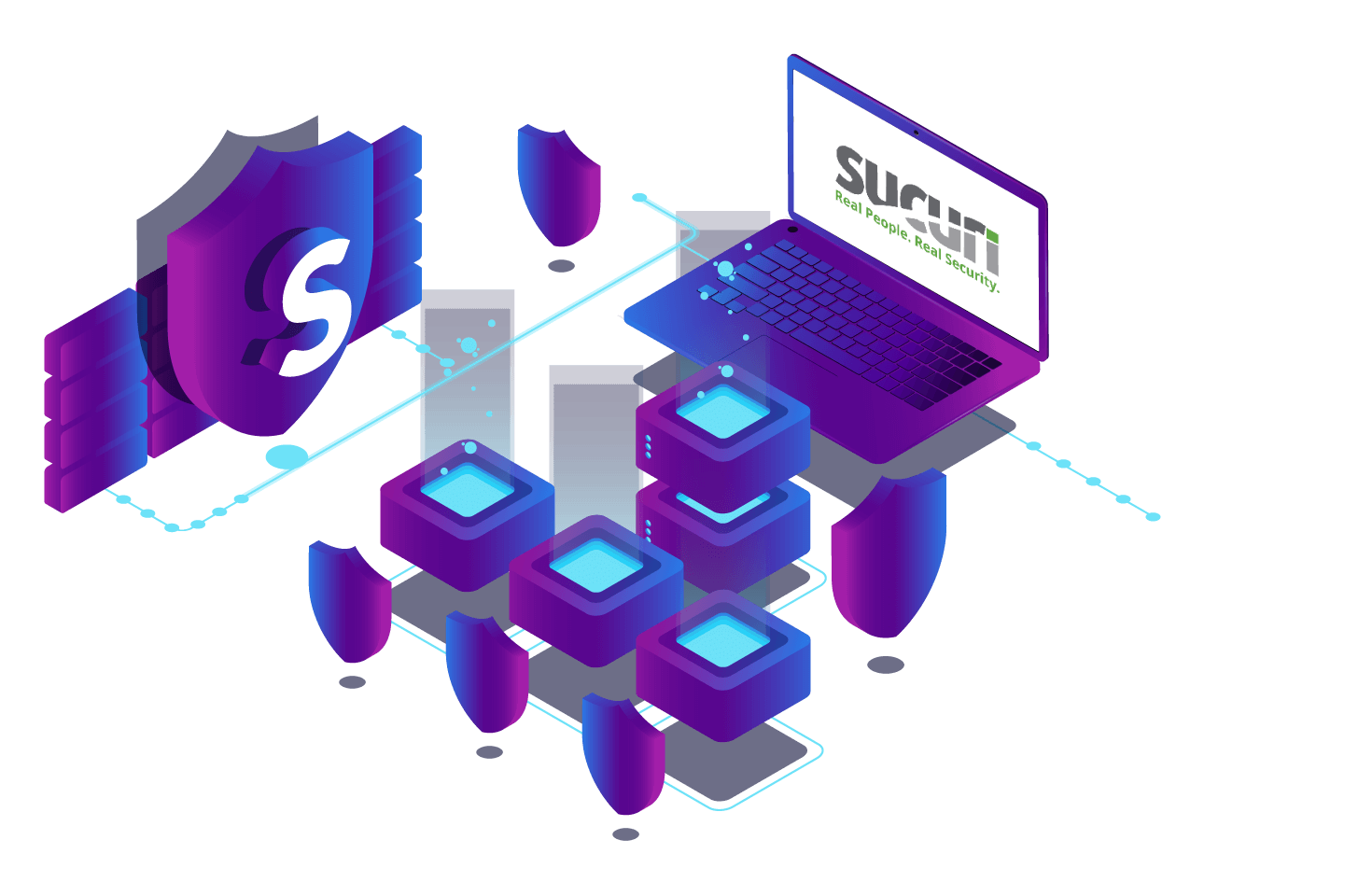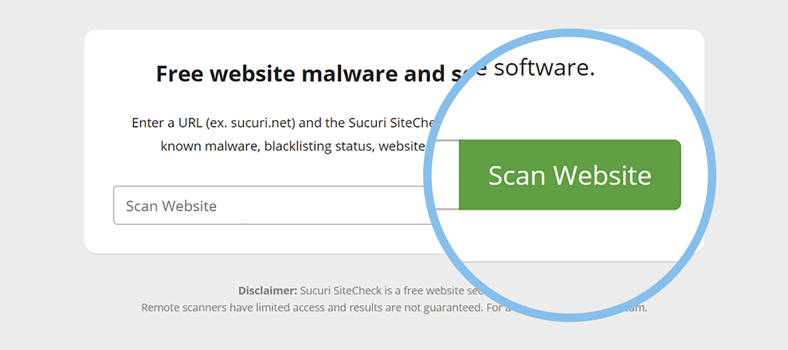
Malware Fundamentals Explained
Do not let evil robots attack your site "Wait. What's a bot?" you might ask. A bot is a piece of automated software with a set of established functions. Online, robots are also described as spiders, spiders, harvesters, and scrapers. These terms explain what many of them do, which typically involves gathering information that's then used in whatever from developing indices and directory sites, to analytics and marketing, to spamming and identity theft.
These pieces of malevolent code can start a download when the site is checked out (typically some sort of trojan), insert spammy material into the site itself, send visitors in other places, and even infect other websites. So how does malware get on a website in the first location? Some malware on the internet is spread directly by executables (assembled software application) running on a server run by a live individual (typically referred to as "bot farm"), but much of it is spread by sites that are already contaminated.
More typically than not, it's a bot or some pre-made script that's on the front lines of the attack. Luckily, these are fairly simple to avoid since they're all automated and-- for the most part-- foreseeable. So what can we do to protect our websites from these nasty robots? Your site needs an excellent house.
Otherwise, some mean automaton punks may break in, eat all your nuts and bolts, damage the location, and leave a big mess for you to tidy. It's best to subscribe to a . Ah, Material Management Systems. The argument relating to the "finest" CMS rages on, and it will probably go on for lots of years.
The blog.sucuri.net/2019/02/the-anatomy-of-website-malware-an-introduction.html Facts About Malware Uncovered
None are invulnerable, and every one has its own list of security holes. If a hacker actually wishes to poke in and cause problem, it's most likely going to occur anyway. However, websitemalwareremoval.net/ it's nice to have a solid platform on which to develop and manage your site, and there are numerous methods to toughen them up versus trespassers.
For the tech geeks out there, there's likewise a main post on . Batman and Robin can't secure you-- well, a minimum of when it concerns passwords. All nouns and any other dictionary words are malware antivirus constantly a bad idea. Common usernames and weak passwords are easy marks for malware robots, which always attempt Strong passwords are great passwords.
everywhere! What makes a password "strong"? As much randomization and as numerous unique characters as possible. Here's an incredible and really helpful . While we're on the subject, it's likewise a good idea to NOT utilize "admin", "administrator", or "user" as your administrative username. Keep your core setup, themes, and plugins as much as date-- I can't worry that enough.
Keep your core installation, themes, and plugins up to date! Getting the most recent developer releases guarantees a more trustworthy and steady working environment for your site's CMS by covering bugs and vulnerabilities. This uses especially to plugins, which are developed to add performance not naturally available in the CMS.
Not known Details About Malware
Your setup's on the bleeding edge of updates, and you have actually picked harder passwords that would take an entire army of bad robotics to crack. Now what? There are 2 core files susceptible to the most attacks on any website running on Apache and PHP, regardless of the CMS: the database connection and htaccess files.
Web Server Security: In basic terms, a web server is a computer system on which your cwatch.comodo.com/website-malware-removal.php site is hosted or runs. Visitors or users around the world send demands to this web server to access the pages of your website. Therefore this is the first component you ought to secure. How? By decreasing the number of open ports and the variety of services operated on it.
By carrying out routine web server upkeep activities. All this will ensure webserver associated security dangers are alleviated to a fantastic extent. Website Security: What's on your site also plays a vital role in your site's security. By "what's on your site," we are describing your site's code and the visitor (or user) information it manages.
Efficient website coding will make sure website data does not get exposed needlessly. On the other, hand sloppy coding can expose the information saved in your database, enabling hackers to inject undesirable SQL Queries in places like search boxes, login kinds and often even directly into the website's URL. So how can you secure your site? By performing efficient site programming which does not access or query the database unnecessarily By limiting the number of scripting languages your website supports By utilizing SSL/TLS file encryption.
Everything about Protecting Website From Malware
Website malware is a sad truth that lots of website owners deal with every day. According to Security Week, around 1% all live websites are infected with malware weekly. This totals up to roughly 18,500,000 sites, with a typical site being assaulted 44 times every day. As such, securing your site from malware is a must, specifically when you consider that almost 17% of all infected websites wind up being blacklisted by online search engine.
Nevertheless, there are specific actions you can require to safeguard your site from malware and we will list them in this article. Below, you'll discover seven different ways to make your website more safe and secure and minimize the opportunities of getting infected with malware. The very first suggestion we have for you is to scan your site routinely for possible malware.

What's more, you will likewise be able to see where possible vulnerabilities are since this feature will flag site errors and out-of-date software so you can act upon time and fix them prior to hackers take advantage of it. On top of scanning your site, you should also scan your computer regularly and have the most recent anti-virus software set up.
Taking regular backups of your site is another way to safeguard it versus malware because a backup ensures that you can quickly restore your site to the method it was prior to malware infection. It should be noted that your backups must be kept offsite to guarantee you always have access to them in the occasion your hosting provider gets compromised due to a security attack or power failure.
Malware Can Be Fun For Anyone
Another way to keep your website safe is to perform routine updates not just for your Word Press plugins however also your style and Word Press core also. According to data, 39.3% of infected Word Press sites used an outdated Word Press Check out this site version. Nevertheless, in some cases Word Press updates can go wrong and you may stumble upon the Word Press white screen of death or you might learn that your favorite plugin quits working after the update.
Our Safe Updates function will produce a bring back point for you, perform the updates, and then permit you to easily restore your website in case something fails. If you're using a shared hosting strategy, consider updating to a managed Word Press hosting strategy or a hosting strategy that is more suitable for business websites such as a VPS or Dedicated servers.